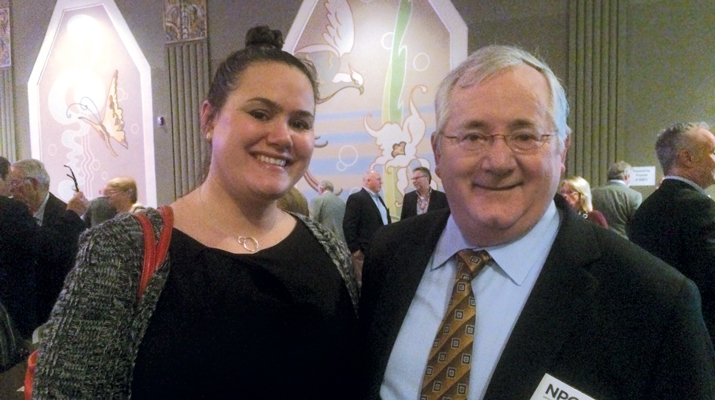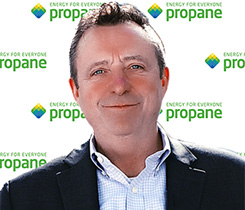Restrictions on PERC shift focus to NPGA’s responsibilities
Pressure from falling propane sales over the last decade has industry leaders groping for ways to revive the nationwide marketing initiatives that were quashed two years ago by order of the U.S. Department of Commerce.
Through the Propane Education & Research Council (PERC), the industry used to spend more than $10 million each year to promote propane as the energy of choice for American homeowners. PERC credits that consumer education campaign for adding 65,000 new residential propane customers and $118 million in revenue from 2001-07.
From 1997-2007, the nation saw a steady growth both in the number of propane households and in combined-use gallons (space heating, water heating, cooking, drying). But the subsequent collapse of the housing market and the loss of the advertising campaign has led to a drop in the number of households using our fuel for primary space heating.
The trend has grabbed the attention of National Propane Gas Association (NPGA) leaders, who have been getting an earful from marketers anxious to curb their losses. Its Executive Committee members began mulling options last spring and are expected to bring the issue up for discussion at its board meeting this month in Kansas City.
Can – or should – NPGA step into the void and restart some of the consumer promotions that were indefinitely shelved in 2010? NPGA is not subject to the same restriction as PERC, but it has not been in the marketing business for over a decade. That role was expressly turned over to PERC in a contractual separation of duties between the two leadership organizations.
NPGA leaders rightly are concerned about muddling the lines that define the turf of both Washington, D.C.-based groups. Not so long ago, there was a palpable contention and lack of cohesion between the two.
They’re also worried about criticism that it is veering from its principal mission to advance safety and increase the use of propane through public policy.
Another obvious question is how NPGA can possibly fund any substantial marketing effort, which routinely took the largest slice of PERC’s annual budget. NPGA already has been paring operational expenses and scrounging up new revenue sources to make up for declining membership dues revenue. It needed a temporary special assessment to help balance its 2010 budget and approved 3 percent across-the-board dues increases for 2011 and 2012.
Thrifty Propane lawsuit tossed
An Ohio Common Pleas Court judge has dismissed a lawsuit brought against NPGA by Ohio-based propane retailer Thrifty Propane Inc.
Thrifty filed the defamation suit in February, claiming that NPGA “made false allegations with the intent that the allegations be reported by LP Gas Magazine, a national trade publication” with the intent to damage the independent marketer.
At issue was a news item in my March 2010 column that I learned at a January NPGA board meeting. It reported NPGA’s intent to file a formal complaint with the Federal Trade Commission against Thrifty for advertising it considered patently deceptive and in violation of federal and state consumer protection laws. The company had claimed on its website and in direct mail promotions that it sells cleaner propane than its competitors.
Thrifty’s lawyers maintain the advertising claims were not deceptive, and that the company was defamed when NPGA’s stated intentions were published in the magazine.
The Aug. 19 ruling did not address whether the company’s claims were deceptive. The court properly noted that NPGA in no way controls what information this magazine publishes, and that Thrifty would need to show the association itself “published” something that was defamatory to claim damages.
The court also rejected Thrifty’s argument that an internal communication from NPGA had been leaked to LP Gas by a mystery board member. No substantiation of that claim was presented to the court – probably because it never happened.
Thrifty, of course, is appealing the ruling.
















